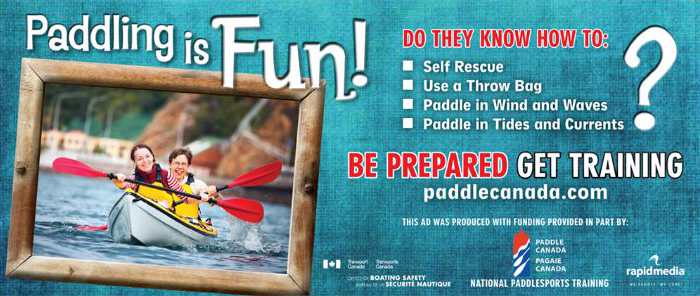A very interesting article in the Globe and Mail about The discovery Islands getting logged again….
Ralph Keller speaks up:
Images of narrow sea channels backed by towering, thickly forested mountains have long been featured in government ads promoting tourism under the slogan: Super, Natural British Columbia.
While the government maintains that branding is being protected through careful forest management, ecotourism businesses in the Discovery Islands say a prime part of the pristine landscape on which Beautiful B.C.’s image rests is rapidly being ruined by logging.
“It’s heart-wrenching,” Ralph Keller, a spokesman for the Discovery Islands Marine Tourism Group, said Tuesday. “The Discovery Islands are probably the most geographically spectacular islands in the world … [but] in some places we have gone from beautifully forested shorelines to industrial logging … these channels have just been nuked.”
Forests Minister Steve Thomson was not immediately available for comment, but he said in an e-mail his government values the economic contributions of both tourism and forestry. He said the government, through its entity BC Timber Sales, has been trying to minimize the impact of logging on ecotourism by avoiding clearcut harvesting and doing more selective cutting.
“BC Timber Sales has been working closely with the local tourism operators and to ensure there is limited visual impact from the water of their proposed cutblocks,” he said. “BC Timber Sales has also agreed not to log during the summer kayak season.”
Mr. Keller, however, notes that the Discovery Islands, an archipelago north of Campbell River on Vancouver Island’s east coast, are the second most popular marine tourism destination in the province. Only the Tofino-Long Beach area on the west coast of Vancouver Island draws more visitors. He said the Discovery Islands support 120 tourism businesses, including lodges, resorts and nature tour operations, employing 1,200 people and generating $45-million in revenue annually.
Despite that, he said, the government is managing the area primarily for its logging values – and that is starting to hurt ecotourism.
“The Internet is great for getting your message out to the world,” he said. “But at the same time, when our clients see these logged areas they can post negative reviews just as quickly. You get TripAdvisor sending out bulletins that the place has been worked over, or it’s overrated as wilderness, and that really hurts you.”
Mr. Keller said the government had been protecting “view corridors” until 2003, when “they rewrote the rules” and relaxed controls over coastal logging, allowing it to take place in key wilderness tourism zones. “We had higher visual quality objectives 10 years ago,” he said. “The government reduced them because the forest companies were having a hard time [finding timber]. So they started approving logging along the shorelines and now there are cuts all over the place.”
He said when members of the Discovery Islands Marine Tourism Group complained to the government, they were told to take their concerns directly to the logging companies, several of which operate in the area. “But when you go to the licensees, their opening comment is ‘this cut block has been approved’ [by the government]. The licensees aren’t interested in talking to us … they just want to go about the business of logging.”
Mr. Keller said logging should be stopped until stakeholders have worked out a land use plan for the Discovery Islands.
NDP tourism critic Spencer Herbert said the government is damaging tourism and putting B.C.’s brand at risk. “We’re Super, Natural British Columbia,” he said. “One of our main marketing values has always been the wilderness, the unspoiled outdoors, and that’s something we have to protect.”
Mr. Herbert said wilderness tourism and logging can co-exist, but the government has to facilitate a dialogue between the parties to find solutions. “You don’t kill off one business to support another,” he said.
Timber and Tourism in the Discovery Islands from Ramshackle Pictures on Vimeo.
It’s on TV too:
You can take some actions…
Now it’s time for all of us to chime in!
You can go to the www.discoveryislandstourism.
Please, if you have time and opportunity, write a letter to the editor at the Times Colonist, the Globe and Mail or comment at online articles…
Pass this on – and stay tuned!

